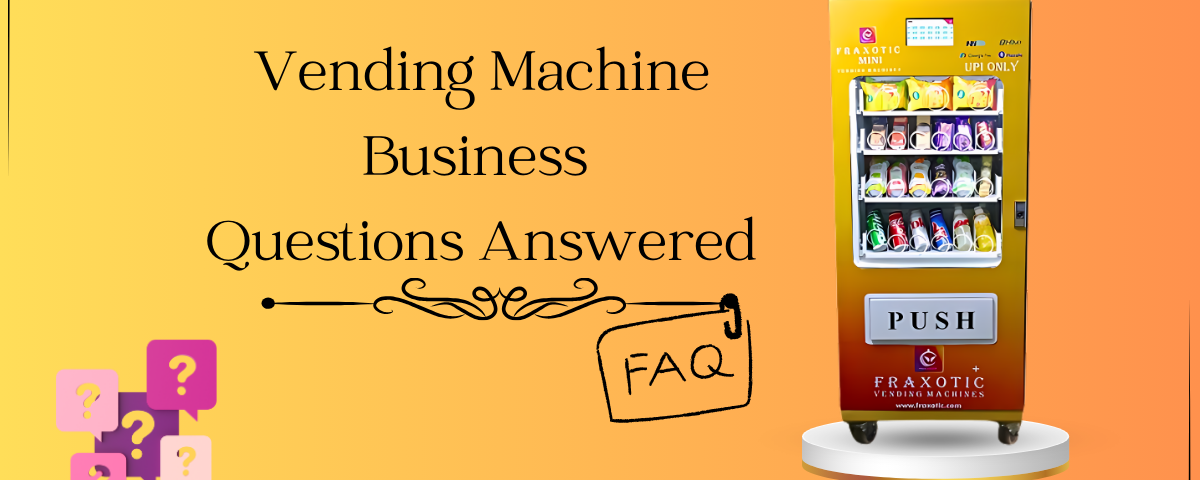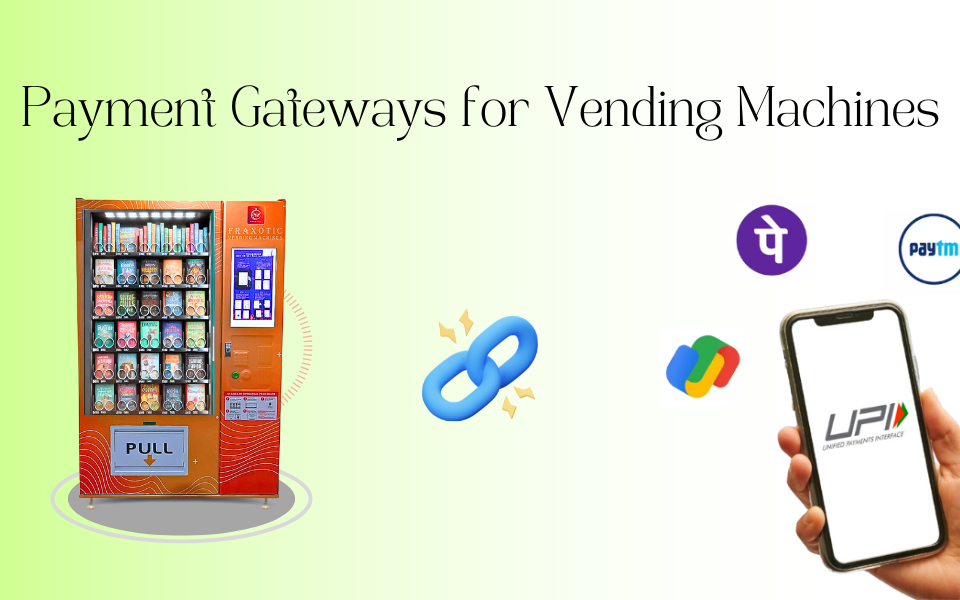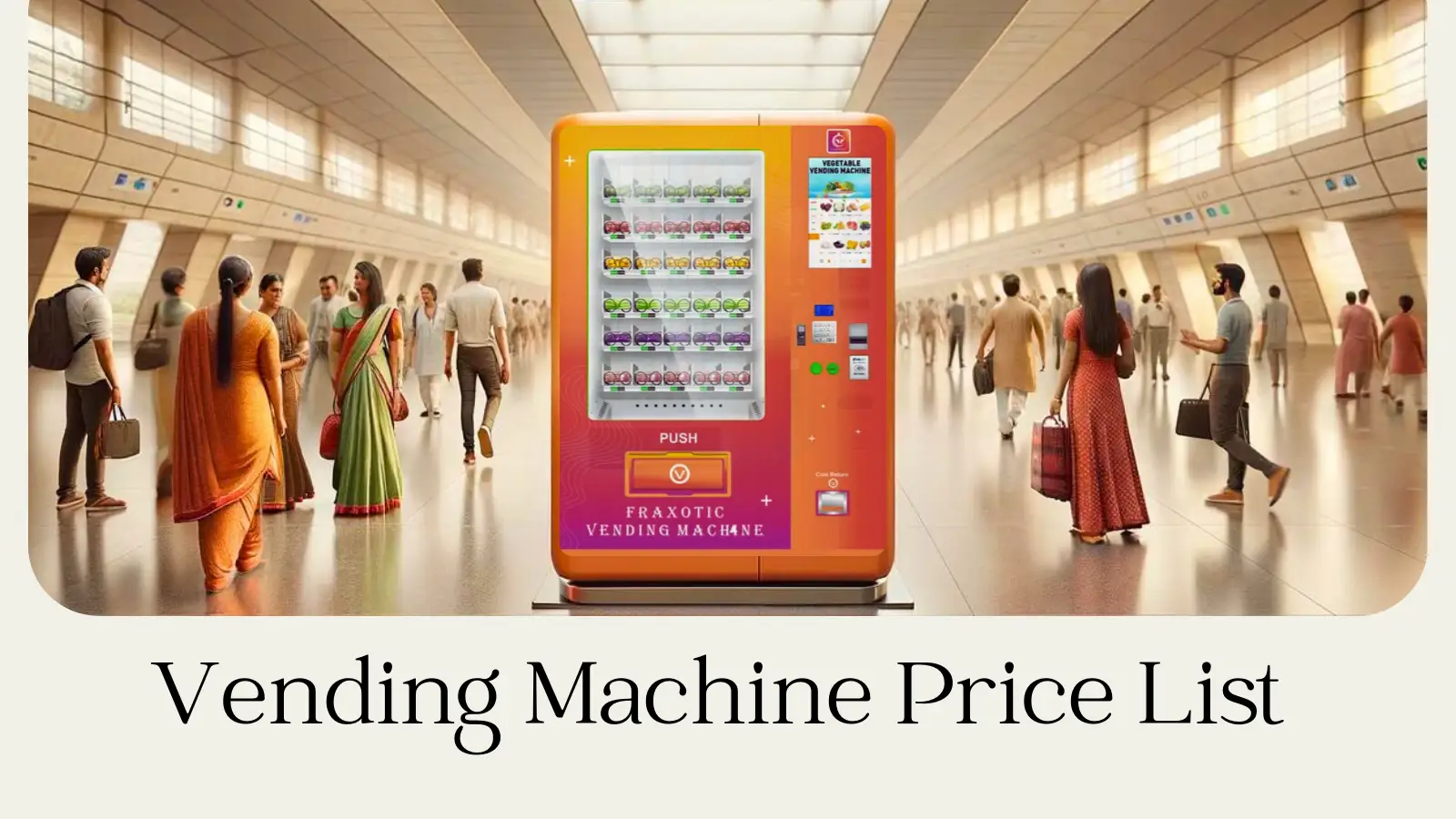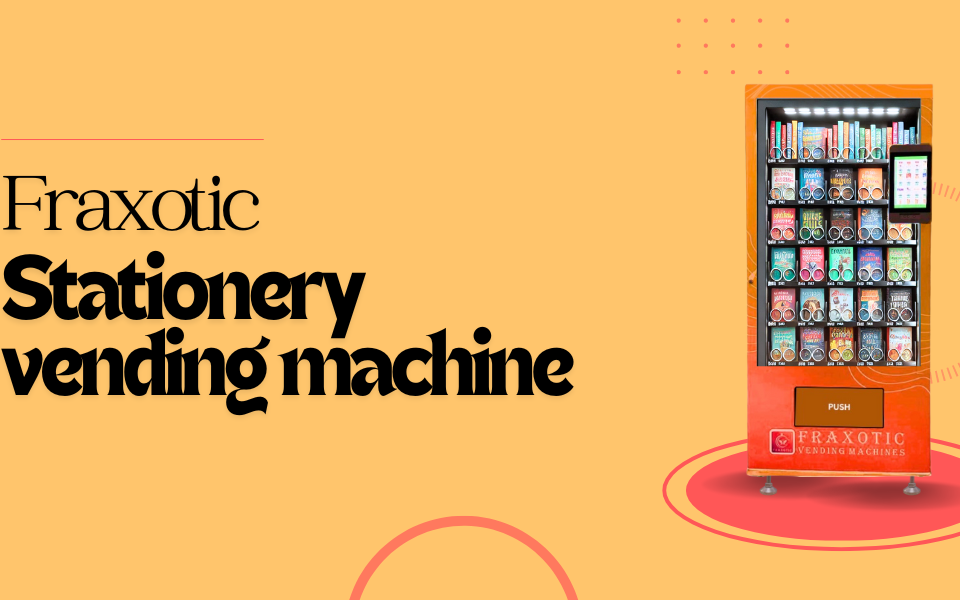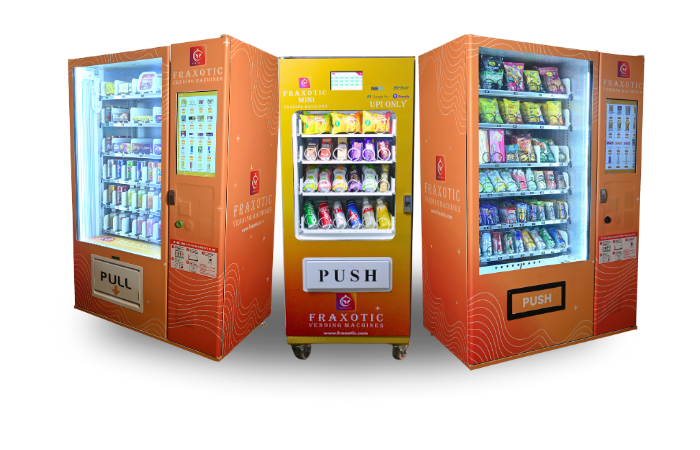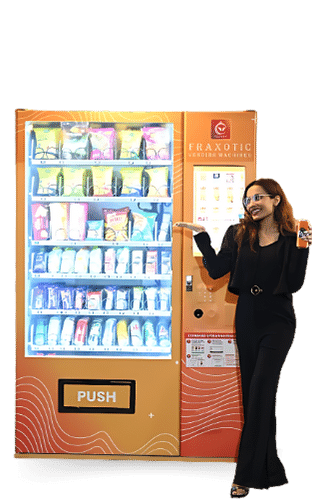
Vending Machine Market Analysis in India: Unlocking Growth
April 10, 2024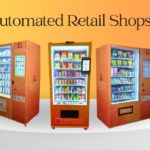
Automated Retail Shops: Pioneering the Future of Shopping
April 18, 2024Imagine a world where your favourite snacks and drinks are just a button press away, anytime and anywhere. This is the world vending machines have created: a landscape of instant gratification and relentless convenience. Whether you’re eyeing a venture into the vending machine business or simply curious about these modern marvels. In this guide, “10 FAQs About Vending Machines,” we will delve into the most common questions that people have about these intriguing machines. From their operational mechanisms to the strategic nuances of vending machine entrepreneurship, we will cover everything you need to know to understand and potentially capitalize on this ever-present technology.
What Are Vending Machines?
At their most basic, vending machines are automated stations where customers can purchase items without human interaction. These machines can vary greatly in their offerings and technology, from basic models selling packaged snacks and drinks to sophisticated systems dispensing hot meals, high-tech gadgets, or personal care products. The history of vending machines stretches back to ancient civilizations, but today, they incorporate advanced technologies such as touchscreen interfaces and secure electronic payment systems, making them staples in nearly every corner of urban life.
How Do Vending Machines Work?
The magic of vending machines work lies in their blend of simple mechanics and sophisticated technology. A typical machine includes a payment receiver, digital or mechanical selection interface, dispensing mechanism, and an intelligent product management system. Modern iterations are even capable of accepting digital payments and remotely reporting their status to owners, streamlining operations like never before.
To know more: Click here
What Items Sell Best in Vending Machines?
Determining the best items to stock in a vending machine often requires understanding the local market and customer preferences, which can vary by location. Generally, impulse items like cold drinks, popular snacks, and coffee are perennial bestsellers. However, niche markets, such as health-conscious consumers at gyms or busy students at universities, may prefer protein bars, fresh fruit, or energy drinks. Successful vending operators often use sales data to refine their offerings and maximize their profits.
Are Vending Machines Profitable?
The profitability of vending machines hinges on multiple factors, with location being paramount. Machines placed in high-traffic areas with little direct competition—such as in airports, train stations, and large office buildings—tend to perform best. The profitability equation also includes the cost of goods sold, the frequency of restocking and maintenance, and the initial investment in the machines themselves. When these elements are balanced correctly, vending machines can offer an attractive return on investment.
How to Select the Best Locations for Vending Machines?
Selecting a prime location is the most critical decision for a vending machine operator. Ideal locations are places with high foot traffic such as universities, hospitals, and commercial complexes. It’s also important to consider the demographic profile of the area. For example, machines in colleges might stock different items than those in an office building. Negotiating a good spot can involve speaking with property managers and presenting data on how a vending machine could benefit the location and its patrons.
How to Maintain and Service Vending Machines?
Maintenance is crucial to keep vending machines operational and can significantly impact profitability. Routine maintenance includes cleaning the machine, ensuring it is fully operational, and quickly addressing any mechanical issues. Advanced machines can alert operators to problems via a connected monitoring system, which can help reduce downtime. Regular servicing not only prevents loss of revenue but also helps maintain the machine’s lifespan, protecting the investment.
How Are Vending Machines Restocked?
Restocking is more than just refilling sold-out items; it’s about optimizing the selection based on consumer trends and seasonal demands. Operators must keep track of inventory levels and sales data to predict which items will need replenishing. Some operators employ sophisticated inventory techniques like Just-In-Time (JIT) stocking to minimize the cost of goods and reduce the risk of overstocking products that don’t sell as well.
What Are the Latest Technological Advancements in Vending Machines?
Recent technological advancements have transformed vending machines into smart retail solutions. These include cashless payment systems, which increase convenience for customers; remote monitoring and management software, which optimizes operations for owners; and customizable digital interfaces, which enhance user interaction. Innovations like these not only improve the efficiency of vending operations but also enhance the customer experience, making vending machines more appealing and accessible.
What Legal Requirements Exist for Operating Vending Machines?
Operating vending machines requires adherence to various legal requirements, which can vary widely depending on the location. These may include obtaining proper vending licenses, complying with health and safety standards (especially for machines selling perishable items), and ensuring machines are accessible according to disability acts. Potential operators should thoroughly research these requirements to avoid legal issues and ensure their business operates smoothly.
What Are the Environmental Impacts of Vending Machines?
As environmental concerns become more prominent, vending machine manufacturers and operators are increasingly focusing on reducing their ecological footprint. This includes using energy-efficient models that consume less power, incorporating recyclable materials in the machine’s design, and employing refrigerants that are less harmful to the environment. By focusing on sustainability, operators can not only help the planet but also appeal to eco-conscious consumers.
Conclusion
In conclusion, vending machines offer a compelling blend of technological sophistication and business opportunity. They serve as a platform for innovation in retail, allowing business owners to meet consumer needs with remarkable efficiency and creativity. For those willing to invest the time to understand and innovate within this space, the vending machine industry offers substantial rewards. This “10 FAQs About Vending Machines” guide aims to provide you with the foundational knowledge and insights needed to explore the potential of vending machines fully, whether you’re just starting out or looking to expand an existing operation. The key is to approach this venture with curiosity, commitment, and a willingness to adapt to the changing landscape of consumer needs and technological possibilities.

